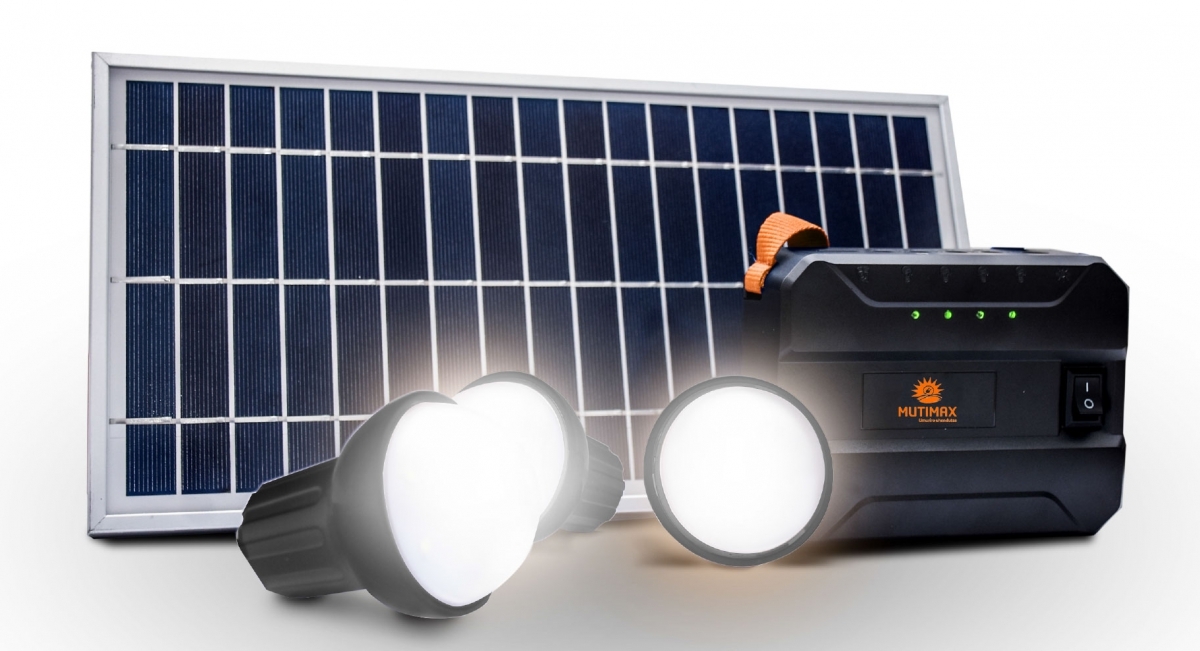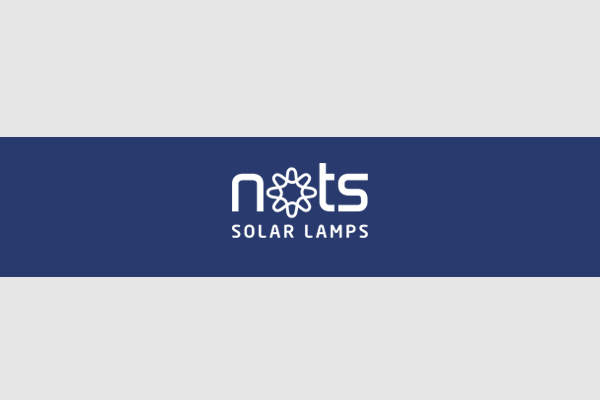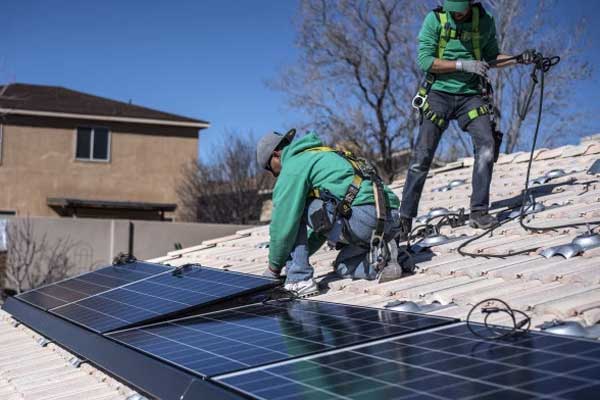KIGALI, Rwanda & AMSTERDAM, July 04, 2019 — NOTS Solar Lamps – an impact enterprise – and the Government of Rwanda today announced a landmark deal that will accelerate the provision of electricity to the lowest income families in the country.
NOTS will invest USD 70m over five years in a manufacturing facility for Solar Home Systems (SHS) – the first in Africa – a microloan credit scheme and marketing infrastructure and programs.
SHS is recognized by the United Nations and World Bank as an essential technology in the effort to provide rural families with electricity, ending energy poverty and enhancing life opportunities.
In another first, the factory will build the ‘Mutimax’ SHS to a price point of USD 56 – roughly half that of current SHS – affordable for even the lowest income families. In return, the Government of Rwanda will purchase 100,000 units valued at USD 5.6m.

Mutimax Solar Home System (Graphic: Business Wire)
“NOTS will make electricity more affordable, more available and much more reliable than kerosene lamps and phone charging kiosks.
That’s how we’ll solve Rwanda’s electricity challenge,” says Bart Hartman, NOTS’ chief executive, and impact entrepreneur. “Subsequently we’ll use this blueprint to tackle Africa’s electricity crisis which – despite the efforts of governments and NGOs – has hardly improved in the last 10 years.”
The Rwandan Energy Group reports that half of all households – mostly farming families on low incomes – have no access to electricity. NOTS plans to make and sell 900,000 SHS in Rwanda over the next four years, providing electricity to approximately 4.2 million people. From 2022, the factory will manufacture at least one million additional units per annum for export to the rest of Africa.
NOTS is trialing a unique consumer sales and finance model in Rwanda. Families can use a microloan to buy the SHS outright, making 100 equal, weekly payments.
The total price including loan interest is USD 60. Weekly repayments cost less than a typical family would currently spend on kerosene lighting and mobile phone charging kiosks.
The model uses digital credit checks and automatic payments through mobile phones and mobile money accounts – both heavily used in Sub Saharan Africa. NOTS has partnered with Airtel Money Rwanda for the trial in 3 Rwandan districts.
Across the continent as a whole, 125 million families – about 600 million people – live without access to electricity. Through its EAF 125 initiative and partnerships, NOTS has challenged itself and the continent to provide all families with electricity by 2025.















Comments